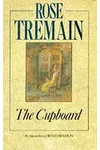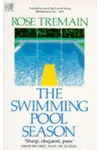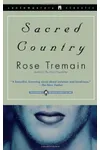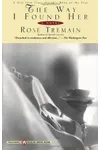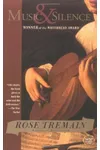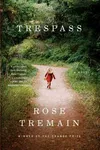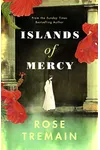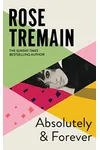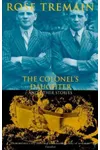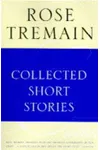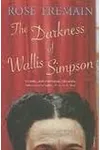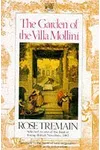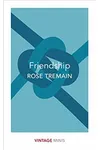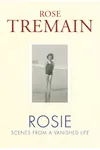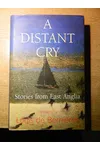Picture an English storyteller who spun tales of kings, outsiders, and broken hearts with a magical touch—meet Rose Tremain! Born in 1943, this award-winning novelist and short story writer has captivated readers with her vivid historical fiction and poignant contemporary dramas. From the Booker Prize-nominated Restoration to the haunting The Gustav Sonata, Tremain’s work dances between eras and emotions, earning her a cherished spot in British literature.
With a knack for crafting 'glamorous outsiders'—characters who live on society’s fringes yet shine with resilience—Tremain’s stories are as unforgettable as they are diverse. Beyond her novels, her role as an educator and Chancellor at the University of East Anglia has shaped countless writers, making her a literary force both on and off the page.
The Making of Rose Tremain
Rose Tremain was born in London during the tumult of World War II, a backdrop that perhaps sparked her fascination with history’s complexities. After studying at the Sorbonne in Paris, she honed her craft at the University of East Anglia, later returning as a professor. Her early career included teaching and writing plays, but novels soon became her canvas. Her debut, Sadler’s Birthday (1976), hinted at the emotional depth and historical sweep that would define her career.
Rose Tremain’s Unforgettable Stories
Tremain’s bibliography is a treasure trove of genres, from historical epics to intimate dramas. Restoration (1989), a vivid plunge into the decadent 17th-century court of Charles II, earned a Booker Prize nomination and a film adaptation. Its roguish protagonist, Robert Merivel, embodies Tremain’s love for flawed, fascinating outsiders. Music and Silence (1999), set in the Danish court, weaves magical realism with political intrigue, showcasing her ability to blend the ethereal with the grounded.
The Gustav Sonata (2016), a heart-wrenching tale of friendship and betrayal in post-war Switzerland, reveals Tremain’s mastery of emotional nuance. Her short stories, like those in The Colonel’s Daughter (1984), are equally potent, capturing human fragility with precision. Tremain’s style—rich, evocative, and often tinged with melancholy—invites readers to explore the intersections of history, identity, and belonging.
What sets Tremain apart is her empathy for the marginalized. Whether it’s a 17th-century physician or a modern immigrant, her characters grapple with their place in the world, rendered in prose that’s both lush and accessible. Her historical fiction doesn’t just recreate the past; it makes it pulse with relevance.
Why Rose Tremain Matters
Rose Tremain’s impact stretches beyond her novels. As a trailblazer in historical fiction, she’s redefined the genre by centering voices often overlooked—outsiders, dreamers, and rebels. Her work resonates with readers who crave stories that are both transporting and deeply human. As Chancellor of the University of East Anglia until 2021, she nurtured emerging talent, cementing her legacy as a mentor and innovator.
Her accolades, including the Orange Prize for The Road Home (2008) and the Whitbread Award for Music and Silence, reflect her critical acclaim. Yet, it’s her ability to make history feel intimate that keeps readers returning. Tremain’s stories remind us that the past is never far from the present, and every outsider has a story worth telling.
About Rose Tremain
- Born: August 2, 1943, in London, England
- Key Works: Restoration, The Gustav Sonata, Music and Silence, The Road Home
- Awards: Orange Prize, Whitbread Award, Booker Prize shortlist
- Role: Chancellor of the University of East Anglia (2016–2021)
Ready to lose yourself in a world of outsiders and empires? Grab The Gustav Sonata or Restoration and dive into Rose Tremain’s spellbinding historical fiction!



